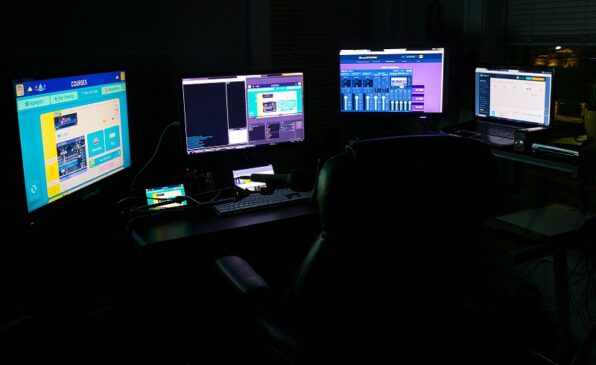How Remote Work is Changing HR Software

TechsPlace | The business world is evolving rapidly. With developments in technology and external factors changing how people work, investing in the right software is essential for success. The prevalence of remote work is one of the most significant disruptors for HR. Here is how this paradigm shift is changing HR software for the better.
Various Payroll Methods
More businesses are exploring the use of contractors over full-time employees. This has benefits for both entrepreneurs seeking some stability, as well as businesses looking to circumvent the challenges of employee management. Now more than ever, companies are able to put together a “dream team” with top talent from around the world.
This change has created complications with HR Software – HR Payroll Systems in particular. There is now more variability in how people are paid, as well as the frequency. Modern HR software must be able to meet these needs in an increasingly remote world.
Streamlining Recruiting and Onboarding
Even traditional businesses are taking advantage of the streamlined onboarding and recruiting processes that modern HR software makes possible. As the hiring process is extremely time-consuming and costly, every improvement counts.
With remote workers, having a centralized onboarding system is paramount. HR professionals aren’t able to stop by someone’s desk to answer questions about paperwork after hiring. By having a centralized system, new team members are empowered to manage their own onboarding.
Centralizing Time Management
Another significant shift with HR software to meet remote work needs is time and productivity management. This capability helps manage expectations for both the employer and employee. HR software with time tracking capabilities can help ensure that everyone is staying on task and streamline payroll. It also helps businesses to stay in compliance with labor laws for traditional employees who are working remotely.
Centralized time management also creates accountability for the team. When remote workers see how many hours they spent on a specific project, it creates clarity around where their time is going. In a traditional work environment, it’s not uncommon to waste time due to a lack of awareness.
Some time management and hour-tracking applications monitor someone’s activity when online and working. It’s essential to be transparent with remote employees about the expectations so that workers feel empowered and trusted.
Improving Communication
Another challenge for remote work is communication. While it’s easy to send an email or instant message, efficiency is essential for keeping timelines moving forward. For example, being able to provide immediate feedback on a project.
From an HR perspective, another concern is the ability to manage employee morale from a distance. Without being able to take a walk around the building and see employees face-to-face, it can be hard to help them manage their stress.
Using centralized HR systems that allow employees to share feedback about their day and progress can help create a strong connection in a remote setting. Additionally, tools like “Chimp or Champ” prompt employees to share their satisfaction and concerns anonymously, then send managers a report about areas for improvement.
Cost-Saving Automated Procedures
Perhaps the most significant shift in HR software since remote work became more common, is the push toward better automation and cost-saving procedures.
There are a lot of tasks in HR that can be time-consuming and low-value, but necessary. For example, screening through candidates to ensure they’re qualified for the position they have applied for. Another HR-related function that benefits from automation are scheduling and payroll processing.
For businesses moving toward remote work, these cost-saving automated processes are essential. As the main benefit of remote work is lower overhead costs for a company, this is a priority for modern HR software systems.
As time marches on, it’s likely to see more cloud-based HR software systems that integrate with various communication and tracking tools. Contrary to popular belief, remote work makes HR functionality more critical than ever.
This article is contributed by guest author on techsplace.com.





